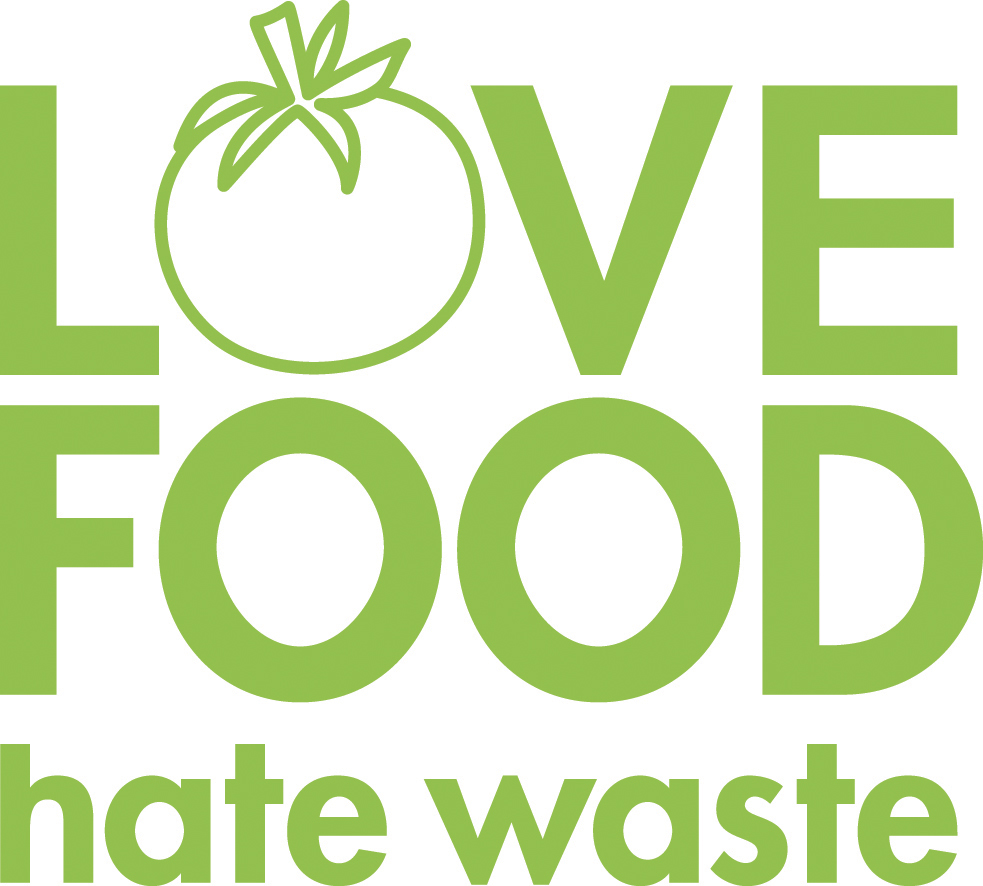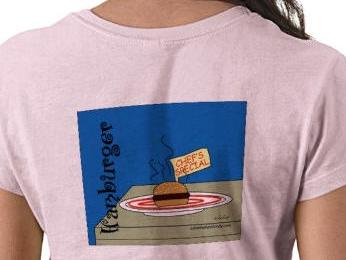
Ultimately there are only two ways to make a food business more profitable: you can increase sales or reduce cost. In a depressed economic environment increasing sales is challenging. The followng tips are proven methods of reducing food cost:
1. Measure It
“You can’t control what you don’t measure”. Regular stock takes provide a basis for the calculation of the “Cost of Goods Sold” (CoGS). CoGS are calculated using the following simple formula.
Opening Value + Purchases – Closing Value = CoGS
The CoGS as a percentage of Sales is a valuable measure for food cost control.
A spreadsheet can be used as a easy and cost effective solution for calculating Opening and Closing stock values and tracking purchases.
2. Shop Around
It is important to build a relationship with your suppliers, however it is also healthy to compare prices with competitors to ensure you are getting a good deal. Keeping a finger on the pulse of market prices by regular price comparisons can reduce food cost.
3. In-House Preparation
Preparing food in-house rather than purchasing pre-prepared ingredients can reduce food cost. There are a wide variety of pre-prepared ingredients available, from pre-cut vegetables to pre-made sauces. Typically pre-prepared ingredients are substantially more expensive than their raw ingredients.
There are a number of considerations when comparing pre-prepared with in-house preparation including:
- Labour cost
- Availability of suitably skilled staff
- Quality
4. Monitor Waste
Again: “You can’t control what you don’t measure”. There are a number of ways to montior waste including:
- Implementing a waste log
- Waste bin audits
- Wast collection and measurment
A balance between reasonable controls and controls that apply excessive overhead is required. It is often useful to implement controls as required (when food costs are out of control) and/or spot checks.
5. Portion Control
Food portions vary for a number of reasons including differences in staff practices and raw ingredient size fluctuations. Portion size variation can be minimised by employing tactics such as documenting standard recipes and measuring out portions prior to service.
6. Stock Rotation
Rotating stock not only improves the quality and consistancy of your end product but also reduces waste, reducing food cost. Labelling food with recieval date takes the guess work out of stock rotation.
7. Go Seasonal
The cost of vegetables varies greatly depending on seasons. Typically when produce is “in-season” there is a greater supply, so that demand is easily met, and the price decreases.
Fresh seasonal produce also lasts longer. The quality of produce that is in-season is usually better as it has not been stored for long periods or travelled great distances.
8. Cost It
Costing recipes/menus provides a baseline by which to compare actual costs. Without a yardstick there is no means to determine if food cost is too high or too low.
Accurately costed recipes also provide valuable information for sales mix analysis and menu engineering.

9. Planning
Effective planning can be used to purchase wisely and reduce waste. Sales estimates based on previous periods, same time last year sales, future bookings and special events can provide a basis to purchase adequate amounts, but not excessive stock.
10. Specials
Offering specials not only adds variety to the menu, but can be used to reduce food cost. By selecting specials with a low food cost, but high percieved value can reduce the overall food cost. Specials can also be used to move slow moving stock and reduce waste.
HI,
first of all, I would like to thank you for the tips, organisation, ideas & procedures I found in reading the Documents above. Im an F&B Cost-controller working in Mauritius at the Casela Bird Park, where we have a Gastronomic Restaurant making 200 pax daily on A la Carte Menu & 350 – 1000 pax For Banquets at night.
I would be glad to receive more ideas & hints to experinece.
Thanks Again,
Andy
Cost Controller
Casela Restaurant
Medine Ltd
caselar_costc@medine.com
read this article nice topic good to save food cost mr andy u r vies i like it and apply some tips in my kitchen.
thanks
regards
gajender singh
india manchester united restauyrante bar
CAN YOU GIVE SOME MORE IDEAS BCS IAM A CATERING STAFF I NEED TO MAKE 2011 OBJECTIVES ACTION PLAN
give me early reply
hi i.m anil kumar working as restaurent chef can u put here more details about food costing controll and format too and what are the overheads to be add make perfect food costing
Can anyone recommend a good food cost calculator to use for this type of stuff?
I would obviously recommend Run-a-Restaurant.
Run-a-Restaurant has a recipe costing and menu analysis module, Write-a-Recipe, that integrates with a Inventory Management/Stock Control module named (Count-n-Control. You can use them independently or integrate them together, depending on your requirements.
It starts at $15 per month, which is very inexpensive compared to most other products on the market. Best of luck.
hi every one i am a food and beverage cost controller in one of east africa airline cateing in ethiopia thank your valuable facts .
Hi Everyone.
Thank you for the information, ideas and tips on how to maintain lower food cost.
Ariel F. Rivamonte
Cost Controller
G-Hotel Manila by Waterfront Hotels and Casino
it is helpful informations
Thank you a lot for giving everyone a very remarkable chance to read in detail from this site. It’s usually very beneficial and also jam-packed with a great time for me and my office acquaintances to search the blog the equivalent of 3 times in a week to learn the latest issues you have got. Of course, I am just certainly fascinated considering the magnificent secrets served by you. Some 2 facts in this post are surely the best I’ve ever had.
You are a very persuasive writer. I can see this in your article. You have a way of writing compelling information that sparks much interest.
Your web has proven useful to me.
Respect to website author , some wonderful entropy.